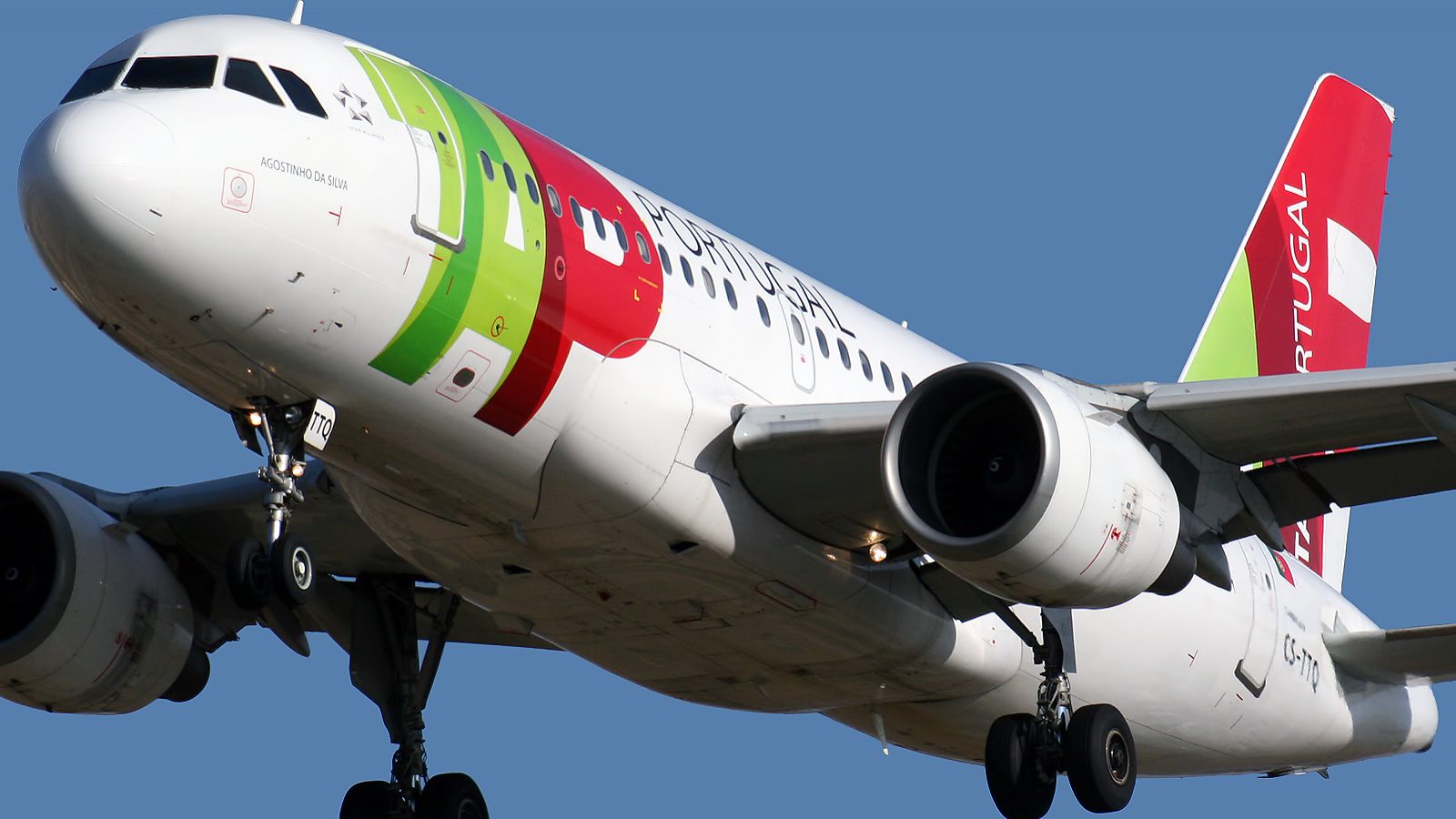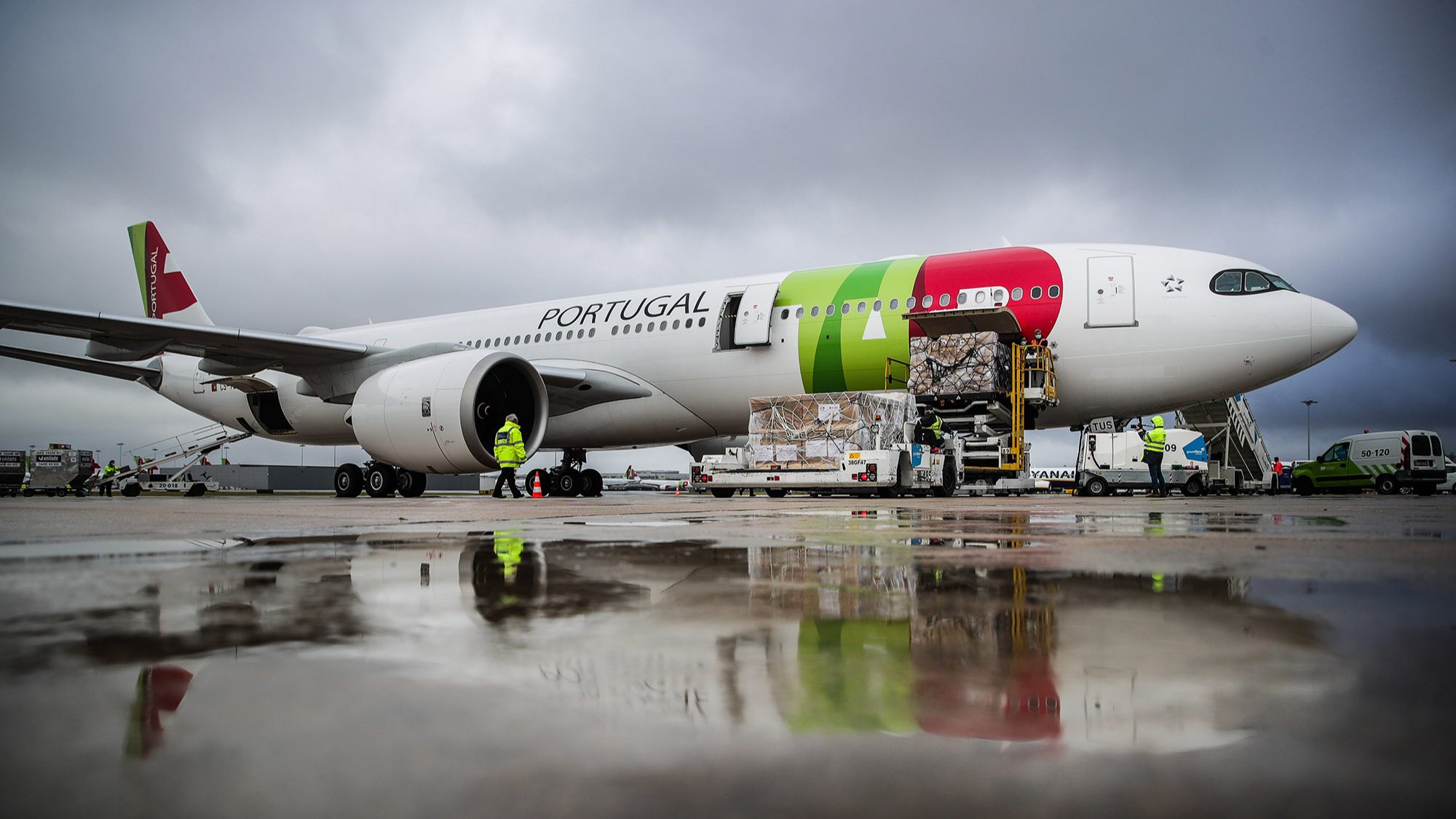EU recognises importance of saving TAP, concerned about competition
The EU recognises the importance of the government saving TAP, but fears that the €3.2 billion restructuring aid violates competition rules.
The European Commission recognises the importance of the Portuguese state saving TAP, but fears that the €3.2 billion restructuring aid violates competition rules and doubts that it will guarantee the company’s viability for good.
Brussels’ comments and concerns are set out in a letter sent by competition commissioner Margrethe Vestager to the Portuguese authorities on July 16, the date on which the European Commission announced an investigation into the state aid of €3.2 billion for the restructuring of TAP.
Over 25 pages, the Commission recalls the history of the process and the difficulties of the national airline, which led the Portuguese state to decide to grant €3.2 billion in aid to finance a restructuring plan for the group through TAP Air Portugal, notified to Brussels on 10 June 2021, but on which the European Commission wants further clarification to give its indispensable ‘green light’.
In the document made public on the Commission’s website, several details of the restructuring plan are omitted, with the exact figures for the reduction of aircraft in the fleet, routes and number of employees, for example, being redacted between square brackets, as provided for in the EU Treaties for information covered by professional secrecy, as is the table with all the financial projections for the restructuring period until 2025.
Pointing out that the aim of the restructuring aid “is to prevent TAP SGPS and, as a consequence, TAP Air Portugal, from going out of business due to the difficulties it has been experiencing and which have been substantially aggravated by the Covid-19 crisis”, the Commission acknowledges that, “based on the information provided by the Portuguese authorities”, there is “a concrete risk of immediate default” by the company on its payment obligations, which could lead to “an interruption in the ongoing air transport activity of TAP Air Portugal.”
It is then that Brussels takes on the importance of the national airline, pointing out that “TAP Air Portugal is an important connectivity provider for passengers in the Portuguese-speaking diaspora,” playing in particular “a crucial role for the connectivity of Portugal and the whole of Europe with Brazil, Angola, Mozambique and Sao Tome and Principe.”
“Although several operators could theoretically replace TAP Air Portugal’s services within the timeframe of the restructuring plan, such replacement could only be partial and would imply a major worsening of services, in particular for customers located in Portugal,” which would most likely no longer benefit from direct flights to destinations abroad from Lisbon, the Commission’s document notes.
On the other hand, Brussels recognises that TAP “is closely associated with the tourism sector in Portugal, which has been of great importance to the country’s economy and the recovery after the 2008 crisis,” and is one of the country’s largest employers, responsible for more than 110,000 indirect jobs, figures that “show that a possible insolvency that TAP SGPS would face in the absence of the restructuring aid would have a significant negative knock-on effect on the entire Portuguese economy.”
However, the Commission also stresses that to authorise state aid, it needs to assess further the compliance of the proposed restructuring plan and related aid with the conditions laid down in the rescue and restructuring aid guidelines, which is why it decided to launch an investigation, on the same day that, in a separate decision, it ‘confirmed’ the validity of the €1.2 billion rescue loan granted to TAP in 2020, and challenged in the meantime by the airline Ryanair with an appeal to the EU Court.
One of Brussels’ major concerns is the possible violation of competition rules in the single market, not least because, the Commission recalls, “the passenger air transport and cargo services sector in which the beneficiary is active is open to competition and trade between member states” and “other airlines licensed in the European Union provide air transport services linking Portuguese airports, particularly Lisbon, to other cities in the Union”.
Noting that aid to TAP “is likely to affect trade between member states”, the Community executive pointed out that the public financing of the company could improve its position “concerning actual or potential competitors which do not have access to similar support from the Portuguese state or which have to finance operations under market conditions”.
“The capital increase and the loan guarantee consequently distort or threaten to distort competition”, warns the Commission, which expresses doubts that the measures contemplated in the restructuring plan aimed at limiting distortions of competition “are sufficient to mitigate the distortive effect of the substantial state support foreseen to be granted to TAP SGPS.”
One of the examples given by the Commission is the “strong position” held by TAP in the “highly congested” Lisbon airport slots.
Finally, Brussels also wants more guarantees that the restructuring plan will effectively ensure TAP’s long-term viability “without the need for continued state support”. It points out that the projections included in the Portuguese plan “are fraught with several uncertainties, the most significant of which is the evolution of demand up to the end of 2025 in highly stressed scenarios, which would require further aid”.
“As a result, the plan needs to be checked for its robustness, assumptions and its various elements under such scenarios. Furthermore, the duration of a return to long-term viability is based on a restructuring plan lasting more than five years and furthermore raises doubts as to the proportionality of the restructuring aid and the measures to limit distortions of competition, which the Commission considers insufficient at this stage,” Vestager’s letter to the government reads.
The letter gives the Portuguese authorities one month from the date of receipt of the letter to comment and provide all useful information to help clarify that EU law is effectively being complied with, meaning that Lisbon’s reply must reach Brussels by 16 August.
Other interested parties, including competing airlines – Ryanair and Easyjet to the fore – may also comment on Brussels.


